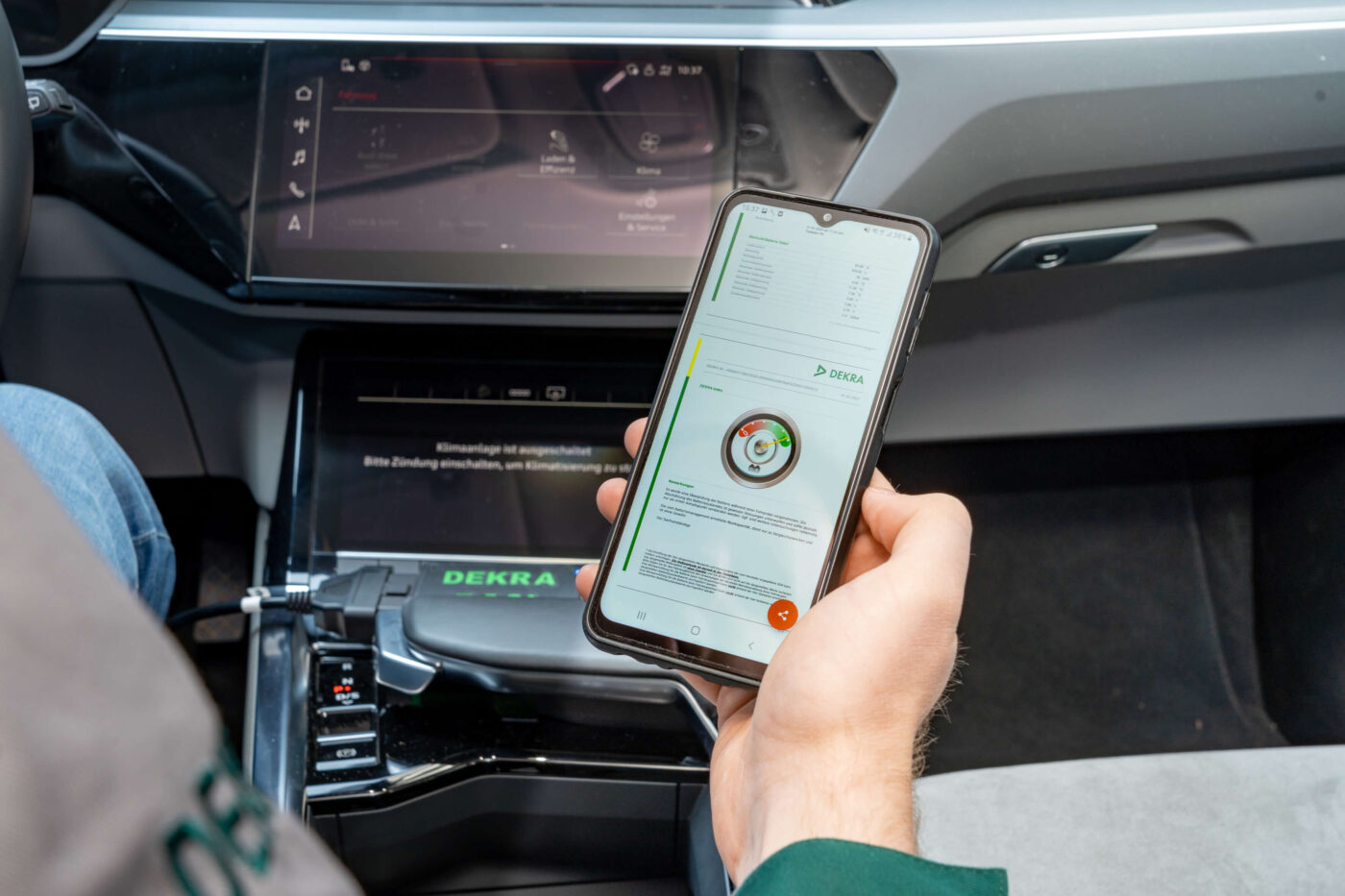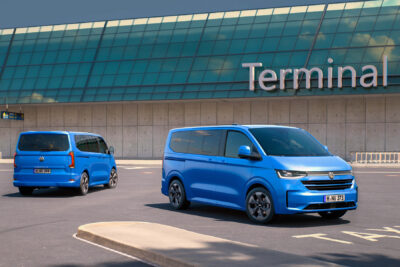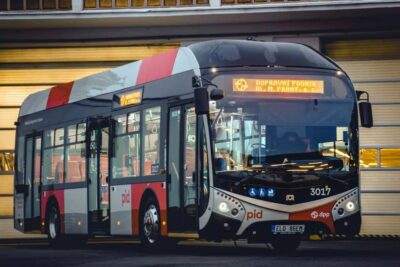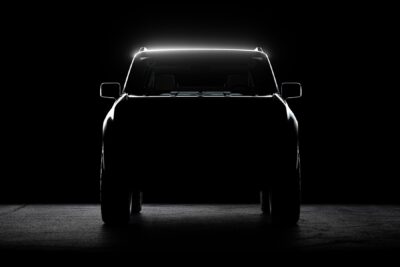Dekra certifies that EV batteries last longer than expected
The DEKRA rapid battery test introduced in 2022 is currently available for around 130 different vehicle models and is offered in several European countries, according to the testing organisation. Within 15 minutes, the procedure with a static test and a short acceleration drive of around 50 to 100 metres should provide a precise result on the state of health of the battery. The approach is based on the so-called parameterisation of the individual vehicle models, in which the battery is loaded and evaluated in new conditions during complex test drives under a wide variety of conditions.
“This creates a kind of coordinate structure that our system uses to analyse and evaluate the actual measured values during the test,” explains Christoph Nolte, Executive Vice President of DEKRA and Head of the Service Division Vehicles. “The bottom line is a statement on the battery condition that no other method on the market can offer as quickly and at the same time as precisely.”
The growing data pool, which is now fed by around 25,000 completed tests, enables the Dekra experts to make more general statements about battery ageing. They state that ‘even with higher mileages, the vast majority of traction batteries are still in good condition’. One example is the Jaguar electric taxis that went into service in Munich in 2018. Six of the Jaguar I-Pace were tested by Dekra this year. With mileages of between just under 180,000 and more than 260,000 kilometres, the ‘state of health’ of the traction batteries was between 95 and 97 per cent.
“On average, we charged the vehicles about one and a half times a day, and not particularly gently, but always fully charged to give the drivers the appropriate level of safety in terms of range. Our experience with the electric vehicles has been extremely positive,” said Gregor Beiner, Managing Director of the Munich Taxi Centre (MTZ). “The batteries are very, very durable and, especially with the safety buffers that the manufacturers install, they retain their capacity for a very long time. That’s why we have continued along this path. Today, we have around 70 vehicles in our fleet, a good third of which are electric vehicles from various brands. We want to have electrified our entire fleet by 2029.”
Nevertheless, according to Dekra, there are also outliers. Depending on driving style, climate and charging behaviour, a traction battery in an electric vehicle can age more slowly or more quickly. “As the most expensive component of the entire vehicle, it has a decisive influence on the value of a used electric car. That’s why reliable information on battery condition is a decisive factor for a functioning used car market.” As we know, this market is not yet developing. According to Christoph Nolte, many people transfer their experiences with smartphone batteries, for example, to the topic of electromobility: “They have experienced that mobile devices have a noticeably lower battery capacity after just a few years and fear the same effect with electric vehicles.”
Nolte counters that Dekra’s experience with the rapid battery test proves significantly longer service lives. The traction batteries are very good overall. “Even with higher mileages, we still find a ‘state of health’ of over 90 per cent in most cases.” All 74 Dekra branches in Germany offer the quick test by appointment. At the same time, the testing organisation is working on a further development of the test procedure that does not require any driving at all. The relevant measured values are to be determined while the battery is charged briefly instead of accelerating. “Over the course of the coming year, we want to gradually bring the further developed test procedure onto the market for various vehicle models. Then the whole thing will be even less complicated,” says Nolte.
Meanwhile, Dekra is not alone in its assessment that e-car batteries could last longer than expected. Recently, US scientists at Stanford University, for example, stated that the batteries of electric vehicles could last up to 40 per cent longer than previously assumed. The reason is that driving and charging habits in the real world are said to put less strain on batteries than laboratory tests suggest.
dekra.de (in German)





0 Comments